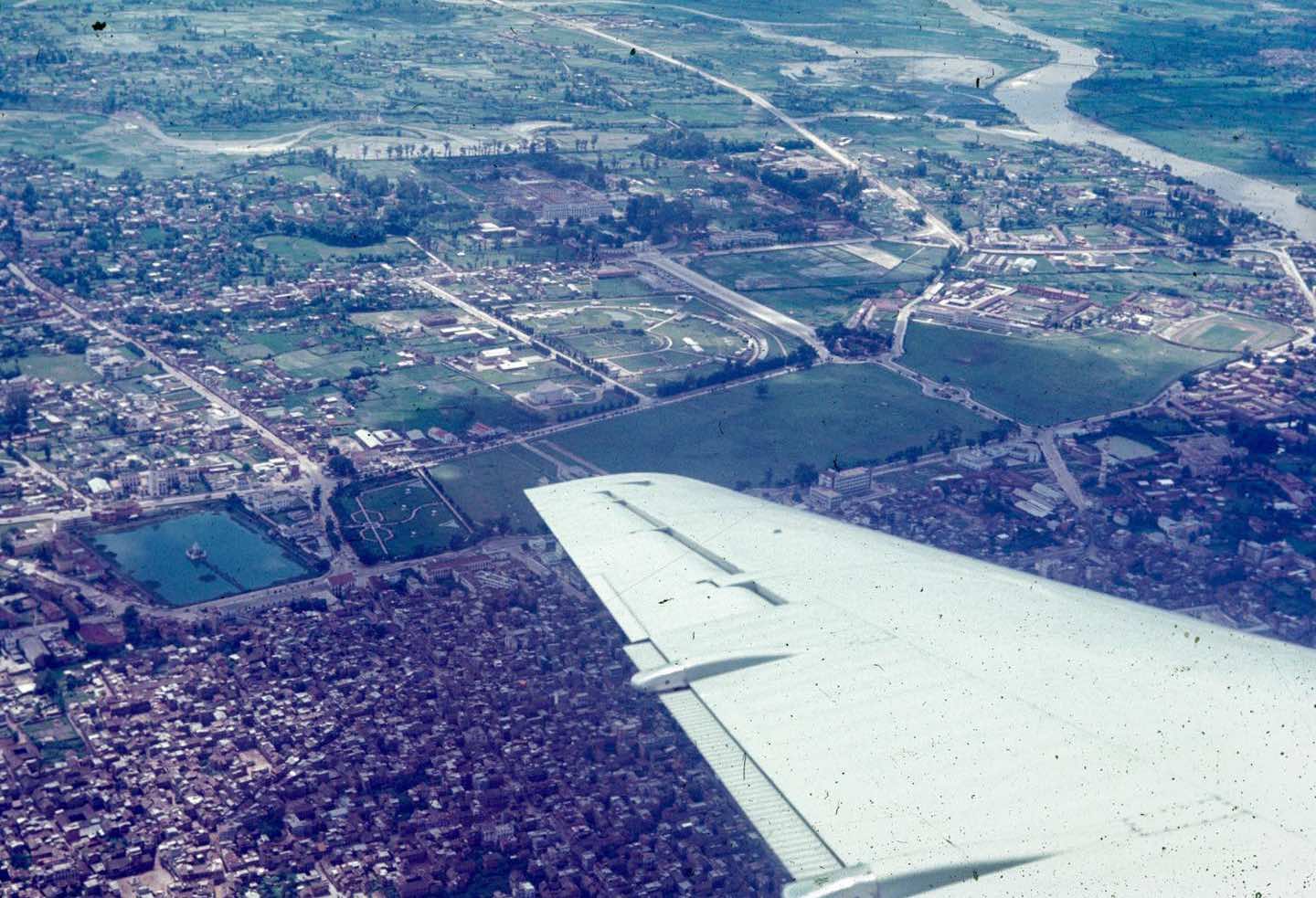Tundikhel, often referred to as ‘the lungs of Kathmandu,’ is an open, public space of social, political, historical and cultural importance. What was once a wide and undivided open space in the heart of Kathmandu, almost 5 kilometres in length and 300 metres in width, has now been reduced to a fraction of its original size.
Despite the growing concerns and protests by locals and activists, encroachment of this land continues. The case of Tundikhel reflects a larger problem of gradual decrease of public space in the city and controlled access in the existing spaces.
Using oral histories, the work brings forward everyday stories and recollections of Tundikhel to explore the changing ideas of sense of the public place or lack thereof. The audio stories collected during the research are evidence of the many meanings that people associate Tundikhel with. These personal stories of people’s personal relationship to Tundikhel reflects a more collective narrative of this historic place. The audio stories delve into the ideas of play, gendered spaces, urbanization, environment, folklore, access and control.
By looking at the various uses Tundikhel has been subjected to over time, it raises questions about how the place has transformed, what has been erased and what still continues. The stories collected further emphasize the ways in which people continue to claim and reclaim a place, be it through subtle acts of resistance or collective campaigns.
See the the entire project here. Tales from Tundikhel



